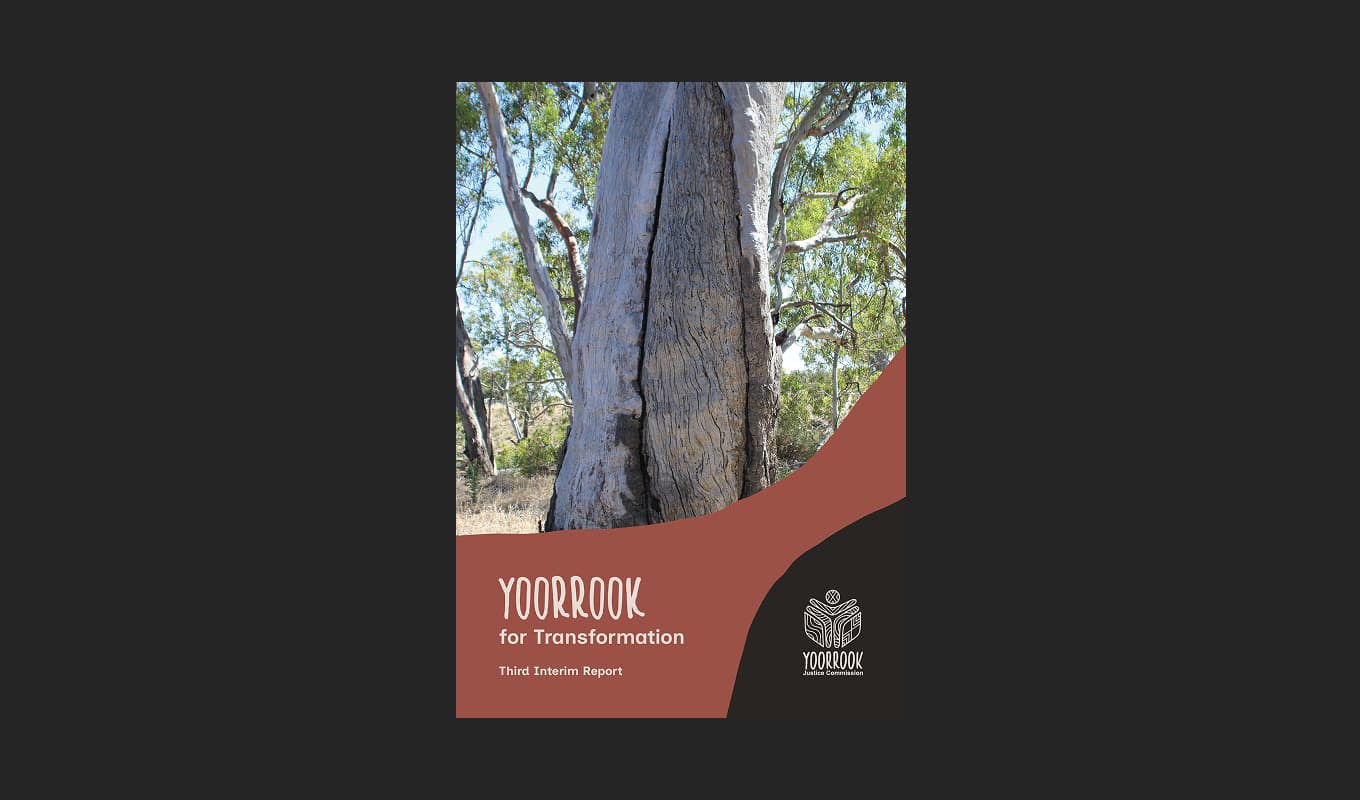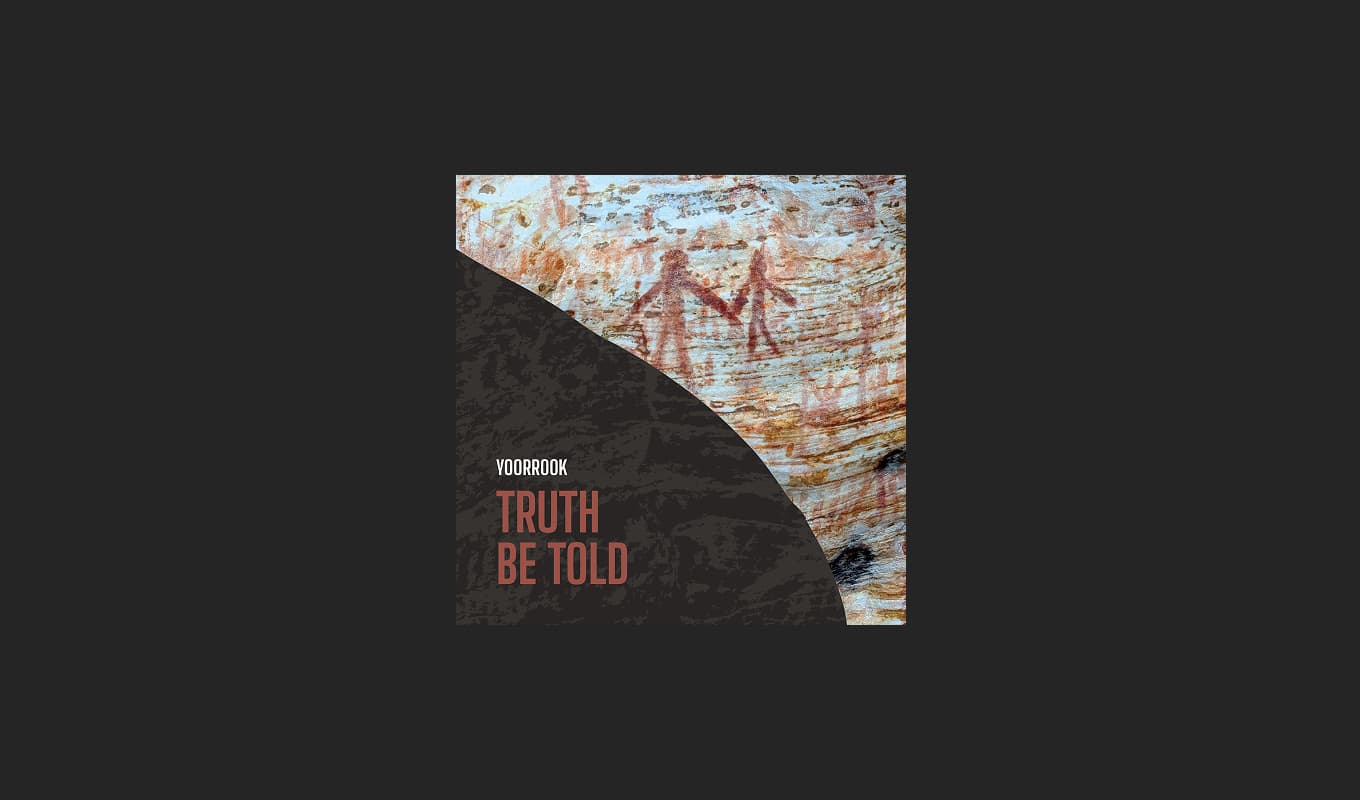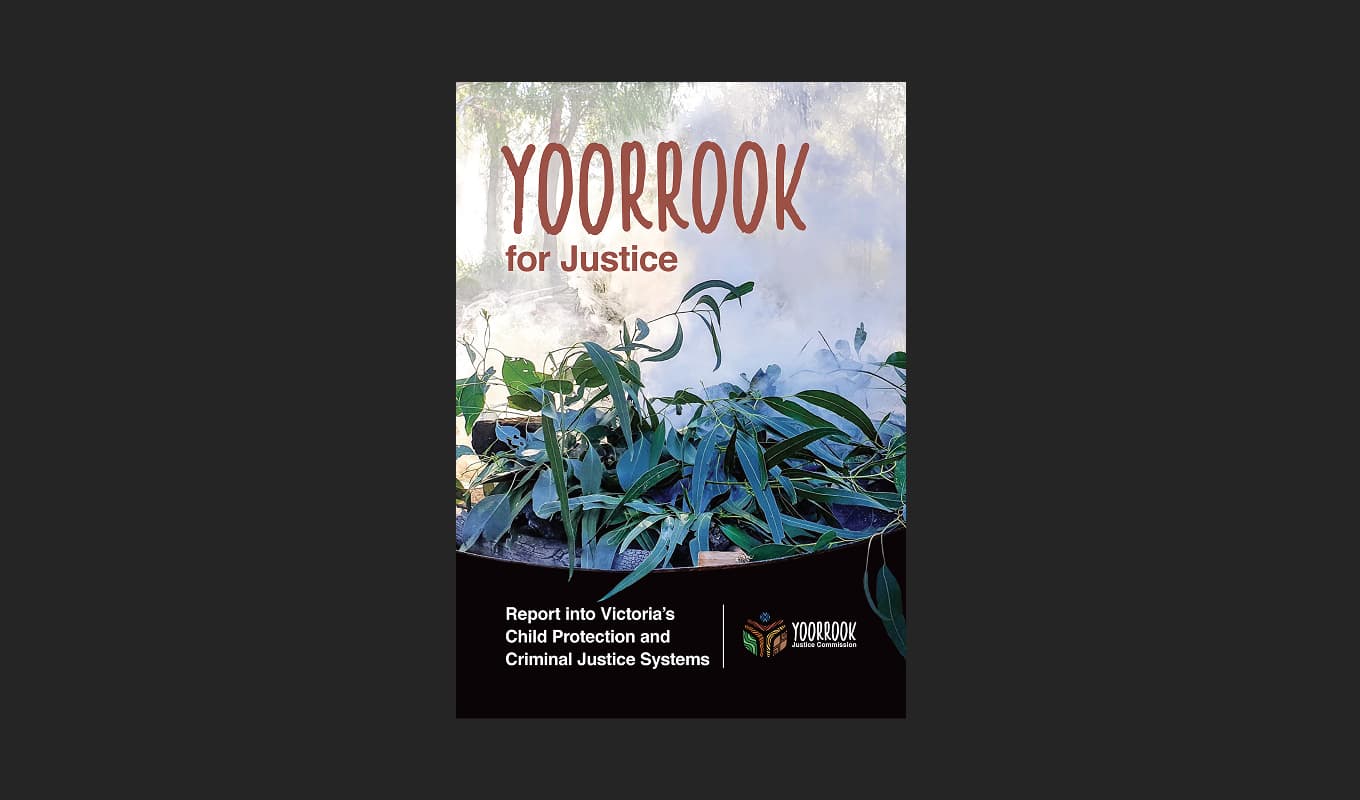Loulou Gebbie
Loulou Gebbie reflects on the severe injustices inflicted upon First Nations people during Victoria's colonisation, including genocide, forced relocations, and stolen children. They criticise the lack of comprehensive education on First Nations history and advocate for more parks and reserves managed by First Nations people, self-determination in land management, and increased funding for First Nations leadership. They urge non-First Nations Victorians to educate themselves, reflect on their histories, and support truth-telling and treaty. They also call for more place names and language, funding for First Nations groups, and returning land to First Nations people.
Submission Transcription
I don’t know specific dates but I know about the Colonisers coming here in the 1800s, and displaced First Nations people from their Country by acts of genocide and imposing colonial rule. They established missions and First Nations people were forcibly moved into the missions. I think the last two missions remaining were Lake Tyers and Corranderk. Severe injustice was inflicted upon Aboriginal people including massacres, rape, and stealing children. Colonisation has caused extreme disadvantage for Aboriginal people which continues today.
I am 31 years old now and when I was at school we didn’t learn much about First Nations history and culture. I remember we visited Healesville Sanctuary and learnt about some First Nations hunting practices but that’s about all I can remember from primary school. In high school, we had the option to study ‘Australian History’ although I didn’t take that class so I’m not sure what it would’ve included. I went to uni and did an Arts degree and Australian Indigenous Studies was one of my majors – during that course we learnt from many First Nations people (academics, students, artists, writers) and it was great. It opened my eyes a lot, I would say that was a comprehensive starting point for learning and beginning to unpack my own ignorance and personal biases.
I work in the environment sector and would like to see more parks and reserves under joint and/or sole management by First Nations people. I would like to see self determination at the centre of decision making for land management and more funding to support capacity building and First Nations leadership.
As non First Nations people, we can look back on ourselves, our histories and have real frank conversations about the injustice that we’ve benefitted from a system that has been established on genocide and stolen land, we’ve benefitted at the expense of First Nations people. Non First Nations people can educate themselves and self reflect and tell the truth about their own histories with respect to colonisation in this country. I think it is valuable also for non First Nations people to hold space and admit to difficult feelings (eg white guilt and shame) and find ways to overcome these and not let them be barriers to action or a burden on First Nations people.
As non First Nations people, we can look back on ourselves, our histories and have real frank conversations about the injustice that we’ve benefitted from a system that has been established on genocide and stolen land, we’ve benefitted at the expense of First Nations people. Non First Nations people can educate themselves and self reflect and tell the truth about their own histories with respect to colonisation in this country. I think it is valuable also for non First Nations people to hold space and admit to difficult feelings (eg white guilt and shame) and find ways to overcome these and not let them be barriers to action or a burden on First Nations people.
Truth-teller consent
Contact us about this submission
Contact us if you’d like to discuss this submission.
Similar submissions
Explore submissions from other witnesses that discuss similar topics.
Mary Hassall
This submission is from Mary Hassall, a descendant of James Hassall, after whom the Hassall creek on Gunditj Country is named. It discusses her resear... more
Viki Sinclair (Fowler)
Viki Sinclair is a direct descendant of one of the original settlers of Gippsland, Colin McLaren. In this submission, she tells her personal story of... more
Gayle Carr
Gayle Carr makes this submission on behalf of herself, Kathryn Williamson and the late Diana Halmarick. It outlines the range of historic reference ma... more
Gerard Finnigan
Gerard Finnigan is a non-Aboriginal person who grew up on Gunditjmara Country and has been mentored by and worked with First Peoples throughout his li... more
Reports and Recommendations
Read the official reports and recommendations of the Yoorrook Justice Commission.

Yoorrook for Transformation
Third Interim Report: A five-volume comprehensive reform report presenting evidence and findings on systemic injustices, and specific recommendations for meaningful change to transform the future.

Truth Be Told
An official public record that documents First Peoples experiences since colonisation, preserves crucial testimonies for future generations and creates an enduring resource for education and understanding.

Recommendations for change
Yoorrook Justice Commission’s recommendations for truth-telling, justice, and systemic reform in Victoria.
